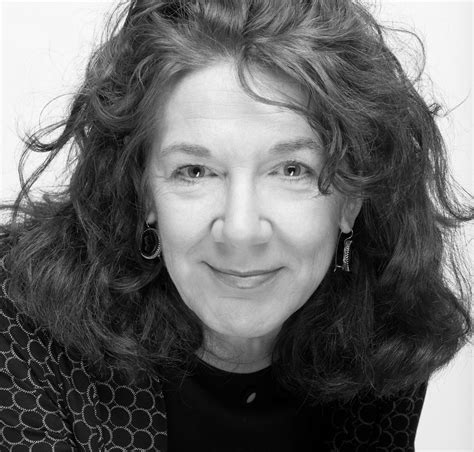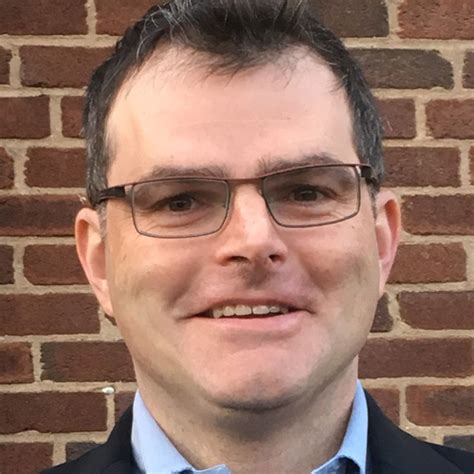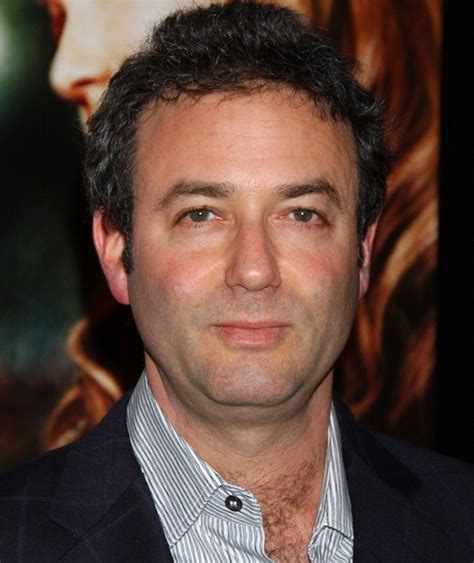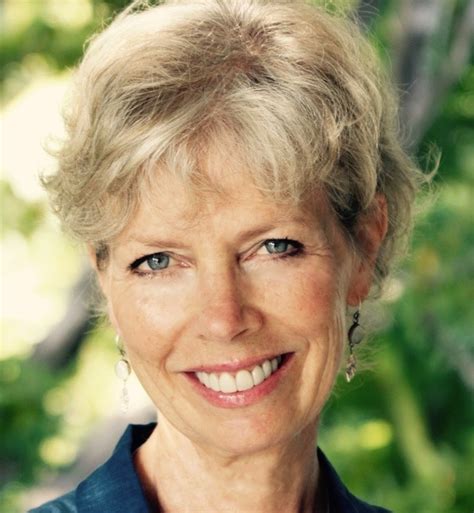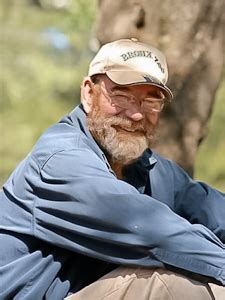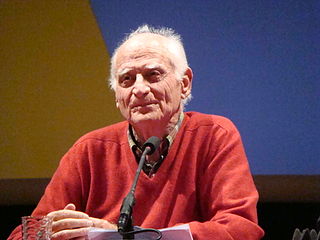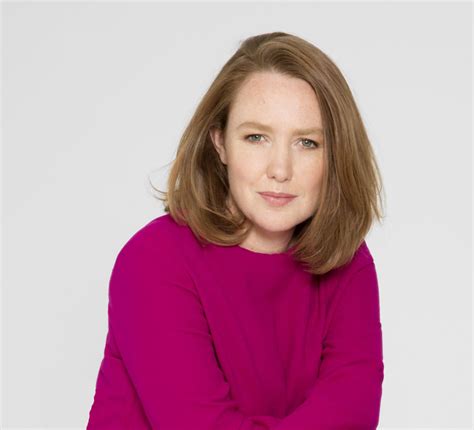A Quote by Justin Cartwright
Jim Crace's novels have one thing in common, which is that each is set in an entirely original world. None of these worlds is of a specific time or place, but they seem to have some connection to our own lives.
Related Quotes
Thanks to art, instead of seeing one world only, our own, we see that world multiply itself and we have at our disposal as many worlds as there are original artists, worlds more different one from the other than those which revolve in infinite space, worlds which, centuries after the extinction of the fire from which their light first emanated, whether it is called Rembrandt or Vermeer, send us still each one its special radiance.
Beyond these models of reconciliation, a theology of mysticism provides some hope for common ground between Christianity and Islam. Both religions have within their histories examples of ecstatic union with God, which seem at odds with their own spiritual traditions but have much in common with each other.
One thing we've learned this summer is that a house is not an end in itself, any more than "home" is just one geographic location where things feel safe and familiar. Home can be anyplace in which we create our own sense of rest and peace as we tend to the spaces in which we eat and sleep and play. It is a place that we create and re-create in every moment, at every stage of our lives, a place where the plain and common becomes cherished and the ordinary becomes sacred.
Why do we so mindlessly abuse our planet, our only home? The answer to that lies in each of us. Therefore, we will strive to bring about understanding that we are--each one of us--responsible for more than just ourselves, our family, our football team, our country, or our own kind; that there is more to life than just these things. That each one of us must also bring the natural world back into its proper place in our lives, and realize that doing so is not some lofty ideal but a vital part of our personal survival.
The skin is a variety of contingency: in it, through it, with it, the world and my body touch each other, the feeling and the felt, it defines their common edge. Contingency means common tangency: in it the world and the body intersect and caress each other. I do not wish to call the place in which I live a medium, I prefer to say that things mingle with each other and that I am no exception to that. I mix with the world which mixes with me. Skin intervenes between several things in the world and makes them mingle.
With only one life to live we can't afford to live it only for itself. Somehow we must each for himself, find the way in which we can make our individual lives fit into the pattern of all the lives which surround it. We must establish our own relationships to the whole. And each must do it in his own way, using his own talents, relying on his own integrity and strength, climbing his own road to his own summit.
Each of these [bacterial] species are masterpieces of evolution. Each has persisted for thousands to millions of years. Each is exquisitely adapted to the environment in which it lives, interlocked with other species to form ecosystems upon which our own lives depend in ways we have not begun even to imagine.



